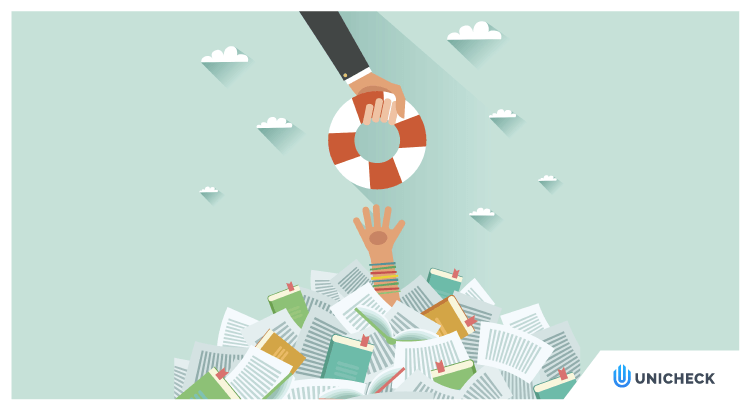Critically considering the ways in which I, a slightly cynical and sometimes corner-cutting post-secondary student, use technology at school, I don’t think the limitations of online education outweigh the advantages. To understand my perspective, you have to examine the reasons an overworked and under-rested student commits academic dishonesty in the first place. I contend that students with today’s research, communication and word-processing tools are no more likely to cheat than their dial-up-and-paper-maps predecessors.
What is the arguably the best reason for doing shoddy academic work? It’s lack of time. It often feels like our instructors want us to drown in a sea of papers. It’s as if professors get together in their spare time and plot to assign multiple group projects due in the same week. When everything comes at once, a student is far more likely to try and slip something under the radar. If it’s the wee hours of the morning and you just want to finish your assignment and get 90 minutes of sleep before lecture, you’re much more willing fudge a citation here and there. After all, page 223 of the textbook pretty much kind of subtly implied this statement that’s missing a reference.
Online submission of assignments actually helps instructors check the accuracy of references and evaluate the originality of work. I’m less likely to improperly reference a fact if I’m handing in my work online than if I am submitting a hard copy. Students today have the advantage of great access to educational materials online, so we have less of a need to twist words. If I had no internet research tools, and was looking through dusty library shelves for books, I would be more likely to cheat because it takes simply ages to find an appropriate source… and because your professor has to spend just as long to review your citation. I am easily able to find real, applicable sources online to support my arguments in papers. Not only are students able to complete their work properly, we also have access to so many resources that even the worst procrastinator can’t help but learn something along the way.
Sure, new technologies make it easier to copy the ideas of others. Online learning opens a door to academic dishonesty. But, honestly, if you can get away with a very clever cheating scheme, you almost deserve to reap the rewards. There’s a word for finding an easier way to do your work, and that’s innovation. Where do you think all these technologies came from, anyway? I find unlikely that the developers of mobile internet were trying to fulfill some noble mission of connecting people, and am more willing to believe that some know-it- alls were tired of carrying around the entire wealth of human knowledge in print form.
With the technologies that make it easier to cheat come the technologies designed to prevent you from using your tricks. As I pointed out before, instructors are able to fact check quickly and will catch a guilty student. Online resources are so effective at catching faulty citations and plagiarism that students must be careful not to accidentally submit unoriginal work. Cheating and plagiarism are hot button issues in post-secondary, and punishments can be swift and severe. Good students are fully aware of the tools at the disposal of educators, and they work hard to avoid the penalties for committing academic misconduct. I believe that the focus placed on these problems at school provides motivation for students to properly apply themselves to tasks and to earn their grades honestly.
Despite my excellent points in why technology overall makes it easier to really complete your work, the strongest reason for which I disagree that online education promotes academic dishonesty is that this goes against the culture of learning created by Information Age. With all those resources at your fingertips, it’s genuinely easier to learn, research, understand and write your own work than to try and pull off a homework heist, and students would rather learn for themselves, anyway. Digitally-enabled students still place value in growing their skills. Online education is simply enabling more individuals to become better students, and therefore more educated members of our communities.
This is one more wonderful work submitted by Alice Towler. Do you also support her point of view?




